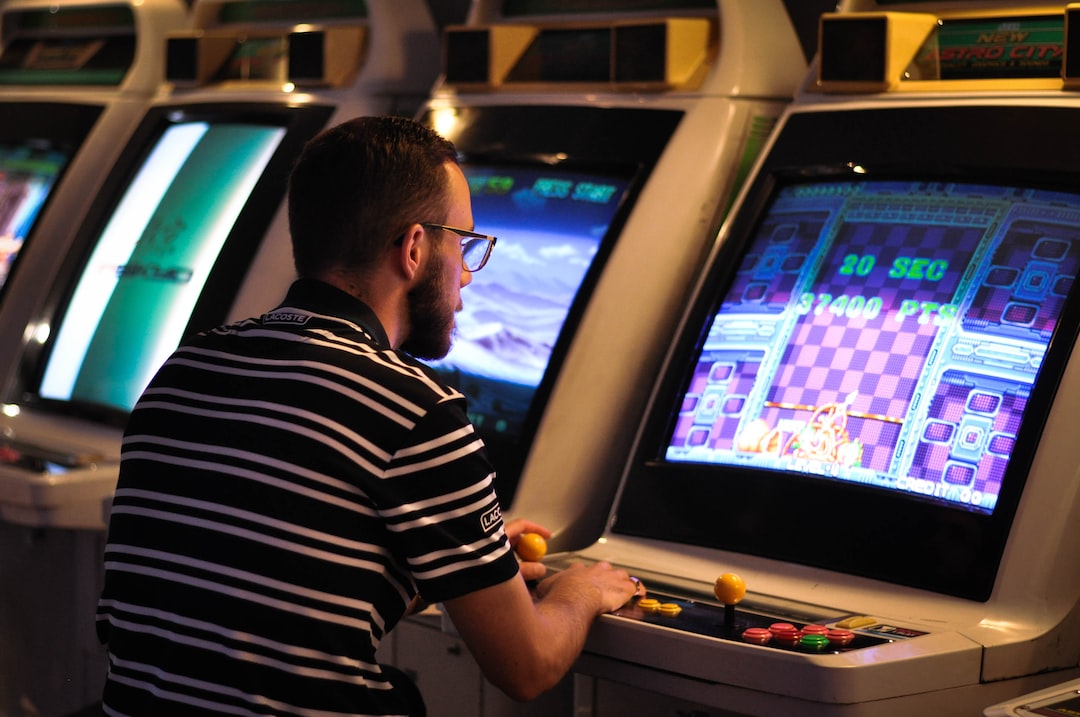The Impact of Video Games on Children: Balancing Playtime and Responsibility
In today’s digital age, video games have become an integral part of many children’s lives. With an endless array of games available, children are constantly immersed in a virtual world. While there are many benefits to playing video games, it is crucial for parents to understand the potential impact these games can have on their child’s development. Balancing playtime and responsibility is key to ensuring a healthy and positive gaming experience.
One of the immediate benefits of video games is that they can enhance cognitive skills. Certain games require strategic thinking, problem-solving, and hand-eye coordination. These skills are not only beneficial in the virtual world but can also be applied to real-life situations. Additionally, video games have been found to improve memory and concentration, as players need to remember complex rules and stay focused throughout the game.
Furthermore, video games can foster creativity in children. Many games offer customizable characters and interactive environments, allowing children to unleash their imagination and create their own narratives. This creativity can then translate into other areas of their lives, such as art, writing, or problem-solving.
However, while there are undeniable benefits, excessive playtime can lead to several negative consequences. One of the most concerning issues is the potential for addiction. Video game addiction is a real phenomenon that can impair a child’s social, academic, and physical well-being. Children who spend excessive amounts of time playing video games may neglect other responsibilities such as homework, chores, or maintaining social relationships. It is important for parents to set limits and establish boundaries to prevent this from happening.
Another concern is the impact of violent video games on children’s behavior. While research on this topic is ongoing, some studies suggest that exposure to violent content in video games can increase aggression in children. It is important for parents to monitor the games their children are playing and have open discussions about the content they consume. Additionally, encouraging children to play non-violent games or other forms of entertainment can help provide a balanced media diet.
Additionally, excessive screen time from video games can have detrimental effects on physical health. Spending long hours sitting and staring at a screen can contribute to sedentary behaviors, leading to an increased risk of obesity and other health-related issues. Encouraging regular breaks and physical activities can help offset these negative effects. Parents should also ensure that their children are engaging in a variety of activities beyond video games to promote a well-rounded and active lifestyle.
To create a healthy balance between playtime and responsibility, parents must take an active role in their child’s gaming habits. Setting limits on screen time is essential, but it is equally important to teach children about responsible gaming. This includes understanding the importance of prioritizing schoolwork, fulfilling responsibilities, and maintaining a healthy lifestyle. Parents should communicate their expectations clearly and reinforce the importance of balance.
Additionally, parents should engage in open and ongoing conversations about video games with their children. By discussing the content, themes, and potential consequences of video games, parents can help their children develop critical thinking skills and make better choices when it comes to gaming. This dialogue can also provide an opportunity for parents to understand their child’s interests and engage in shared activities.
Furthermore, parents can guide their children towards educational and age-appropriate video games. Many games are designed to be both entertaining and educational, helping children develop specific skills such as problem-solving, critical thinking, and even foreign language proficiency. By selecting games that align with their child’s interests and educational goals, parents can ensure that their child is benefiting from their gaming experience.
In conclusion, video games can have a significant impact on children’s development, both positive and negative. It is crucial for parents to strike a balance between playtime and responsibility to ensure a healthy and positive gaming experience. By setting limits, monitoring content, promoting physical activity, and engaging in open conversations, parents can help their children navigate the world of video games in a responsible and mindful way.
